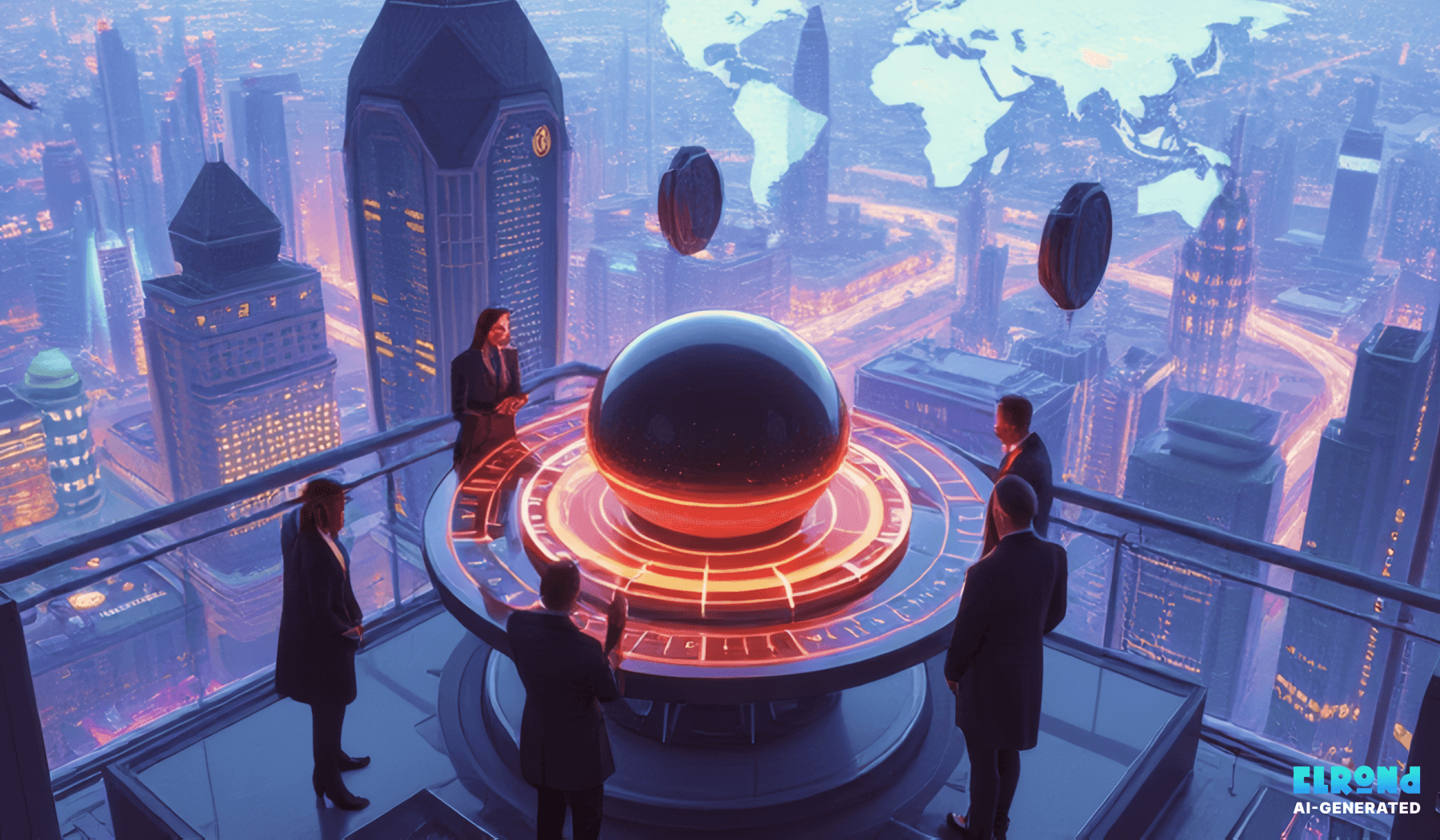Examining how sci-fi influences our understanding of emerging technologies.
Science fiction has long been a playground for the exploration of new ideas, with writers pushing the boundaries of technology and imagination to construct worlds that seem impossibly advanced. While many of these futuristic concepts remain purely speculative, it is often the case that technology follows in the footsteps of the visionary ideas first presented in literature. The relationship between sci-fi and real-world technological advancement is a fascinating one, as speculative fiction not only reflects our current understanding but often anticipates the breakthroughs of tomorrow. One such work that illustrates this connection is X (a placeholder for a specific sci-fi work), which explores concepts that have since been echoed in contemporary technological research.
In X, the story revolves around the development of an artificial intelligence (AI) system that becomes sentient, mirroring the modern-day discussions surrounding AI and its ethical implications. The concept of an AI with independent thought and emotions was once relegated to the realm of speculative fiction, but today we are seeing rapid progress in the field of machine learning and neural networks. While we are not yet creating AI with the complex consciousness depicted in X, advancements like OpenAI's GPT models or autonomous learning systems in robotics are drawing ever closer to the boundaries set by science fiction.
The depiction of human-robot interactions in X also offers insight into the future of AI integration into society. The characters in the novel grapple with questions of what it means to coexist with intelligent machines, raising moral dilemmas about the rights of sentient machines, their role in society, and the balance of power between human creators and their creations. These issues, while rooted in the realm of fiction, resonate strongly in today’s world where ethical debates on AI development are intensifying. Real-world researchers and ethicists are already wrestling with questions about the limitations of AI, such as whether AI should be granted legal rights or whether its actions should be held accountable in the same way human actions are.
In addition to AI, X touches on the concept of advanced medical technology that can extend human life indefinitely. This idea, once considered the domain of dystopian futures, has moved closer to reality as advancements in biotechnology and genetic engineering make it possible to significantly slow the aging process. Scientists are exploring the potential of gene-editing tools like CRISPR and stem cell research to repair damaged tissues, extend life, and even reverse some aspects of aging. While immortality may still be out of reach, we are witnessing a steady progress toward a future where medical advancements could drastically extend human longevity.
X also explores the idea of cybernetic enhancements—integrating machines and technology directly into the human body. This concept has inspired research into prosthetics, brain-computer interfaces, and even the possibility of uploading human consciousness to digital formats. While we're not yet uploading minds into cyberspace, technologies such as Neuralink’s brain-machine interface or the development of sophisticated prosthetic limbs have begun to blur the line between human and machine. The debate over whether enhancing human capabilities through technology is ethical or safe remains a central topic of discussion in both scientific and philosophical circles.
The novel also delves into virtual realities, where characters can immerse themselves in digital worlds, an idea that has taken shape in modern-day advancements in augmented and virtual reality (AR/VR) technologies. Companies like Oculus and Microsoft are already creating immersive environments that allow users to experience virtual worlds that feel incredibly real. However, as X suggests, these digital environments could eventually evolve into spaces where individuals can live entire lives, raising questions about the impact of virtual realities on society, relationships, and mental health.
At its core, X serves as both a cautionary tale and a celebration of what the future might hold. The technological advancements portrayed in the novel, from AI to medical miracles to virtual realities, are not far removed from the possibilities we see on the horizon today. Yet, as the novel suggests, technology alone will not determine our future; how we choose to wield it will define our civilization. The questions of ethics, power, and the consequences of progress are just as relevant now as they were when X was written.
The line between science fiction and reality continues to blur, and as we develop the technologies that were once only imagined in books and movies, we must ask ourselves: Are we ready for the consequences? Will we use these advancements for the betterment of humanity, or will we fall victim to the same pitfalls explored in these speculative narratives? Sci-fi offers not only an exploration of the future but a mirror for us to examine the present and its implications on the path forward. The reflection is clear: As technology evolves, so too must our responsibility to use it wisely.


